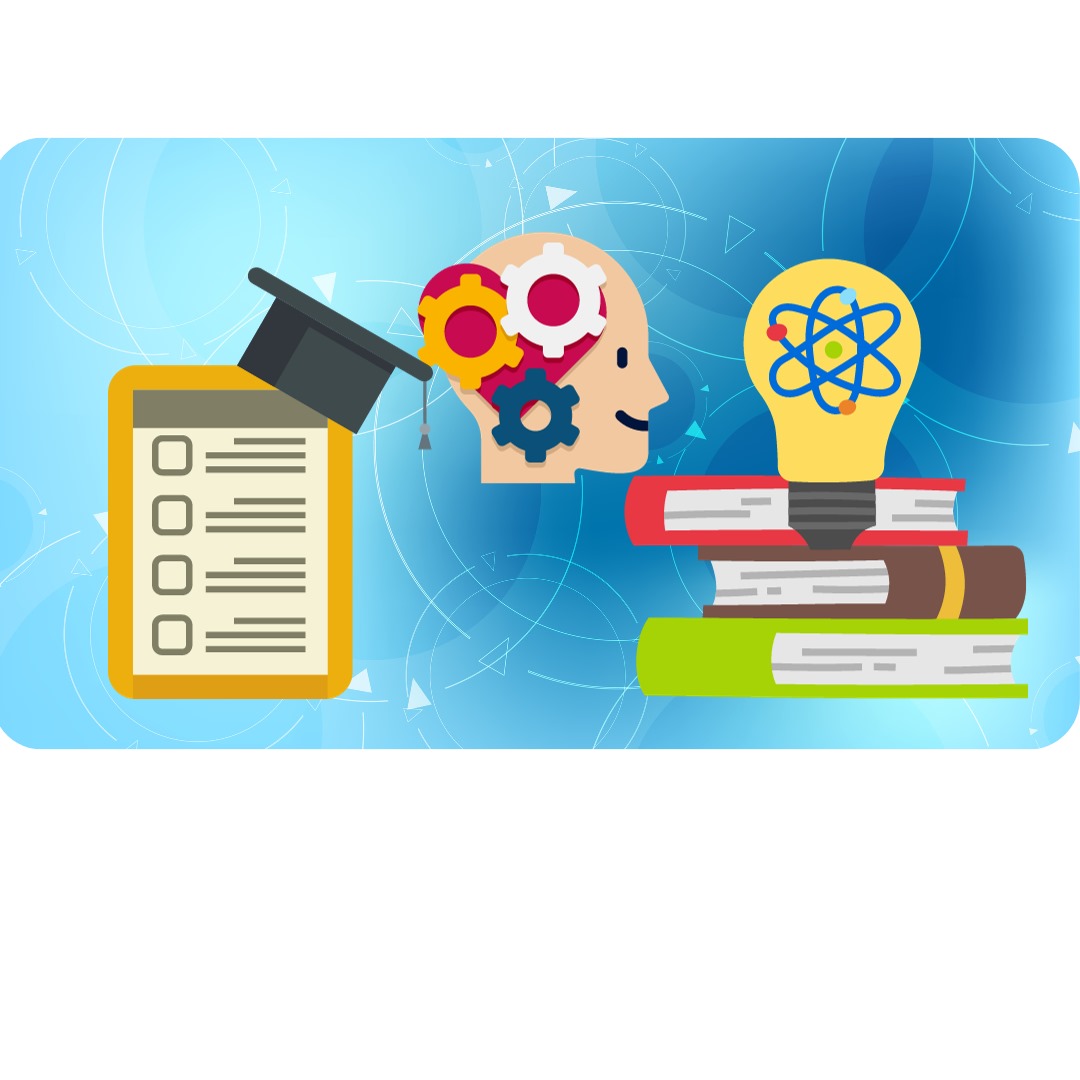CLAT is the most prestigious exam for a Law student. It is the most defining path of a Law student’s career. CLAT Logical Reasoning Syllabus is an important aspect of CLAT. You need to score well in CLAT to get into your dream National Law University. For scoring well you need to be well-versed with the exam pattern, syllabus and everything related to CLAT.
CLAT has five sections English Language, Current Affairs including General Knowledge, Legal Reasoning, Logical Reasoning, and Quantitative Techniques. The total number of questions has been reduced from 150 to 120 in CLAT UG and the exam duration is 120 mins. This will give you enough time to think and answer and make less mistakes

Logical Reasoning Syllabus
The Logical Reasoning section is an important part of CLAT exam. It approximately covers around 20% of the paper. So, by preparing well for Logical Reasoning section, your chances of scoring good marks in CLAT increases. Also, Logical Reasoning section is the fun section. It is comparatively less difficult to prepare and it will refresh your mind as well.
The Logical Reasoning section will include a series of short passages of about 450 words each. Each passage will be followed by one or more questions that will require you to:
1. Recognise an argument, its premises and conclusions;
2. Identification of the argument in the passage
3. Critically analyse patterns of reasoning
4. Assess how conclusions may depend on particular premises or evidence
5. Infer what follows from the passage and apply these inferences to new situations;
6. Draw relationships and analogies
7. Identify contradictions and equivalence
8. Assess the effectiveness of arguments.
Logical Reasoning Syllabus Topics
To score well in this section you need to have complete understanding of the reasoning syllabus. Reasoning syllabus is the one where you cannot risk losing marks.
Reasoning section basically tests your analytical knowledge and analytical knowledge can only be achieved through practice and more practice. Reasoning syllabus comparatively easy to cover less diverse and is easy to cover.
Also, preparing for reasoning syllabus will keep your mind sharp and you will be on your feet. Reasoning syllabus is well laid out and you just need to select the topic you want to prepare for the day.
Topics
Arrangements
Syllogisms
Blood Relations
Number Series
Statements and Assumptions
Logical Sequences
Seating Arrangement/Puzzle Test
Arguments & Conclusions
Assertions and Reasoning
Puzzles
Circular Arrangements
Direct sense
Coding Decoding
Analogies
Clocks and calendars
Connectives
Best Books for Reasoning Syllabus
1. Analytical Reasoning (English) by MK Pandey
2. A Modern Approach to Logical Reasoning by RS Aggarwal
3. Arihant’s A New Approach to Verbal and Analytical Reasoning
Preparation Tips to cover Reasoning Syllabus
You can easily ace this section with enough practice and a clear understanding of the theoretical concepts. It is recommended that you put some extra effect into this section, as it is one of the most time-consuming sections in the exam.
Well laid out Strategy: No matter how good you are with your analytical skills; you need to practice a lot to so that you can save time as you are well versed with the concept. Dedicate one hour of time to logical reasoning syllabus every day. The key is to practice and practice
Preparation plan: You need to make a list of all the reasoning syllabus topics and create a deadline for yourself to finish the Logical Reasoning syllabus. Pick and club topics as per your strengths and weakness. Take 1 easy topic and club it with another difficult topics in this way you will feel less pressurised and more confident
Do not mug up: Mugging up things will be a bad idea for this section Its always better to try and understand the concepts and logic. Once you have understood the underlying concepts, practice the questions related to a particular topic as much as possible.
Learn Shortcuts: Even though logical reasoning is moderately easy, it can sometimes be lengthy and therefore you need to plan your preparation around saving time and here shortcuts will come to your rescue Shortcuts can include things like making a mind map, diagram and so on. Learning and using shortcuts is particularly important for topics such as Syllogisms and Blood Relations.
Revision: Keep revising the concepts and topics you have already studied so that you do not lose the grip on the same.

